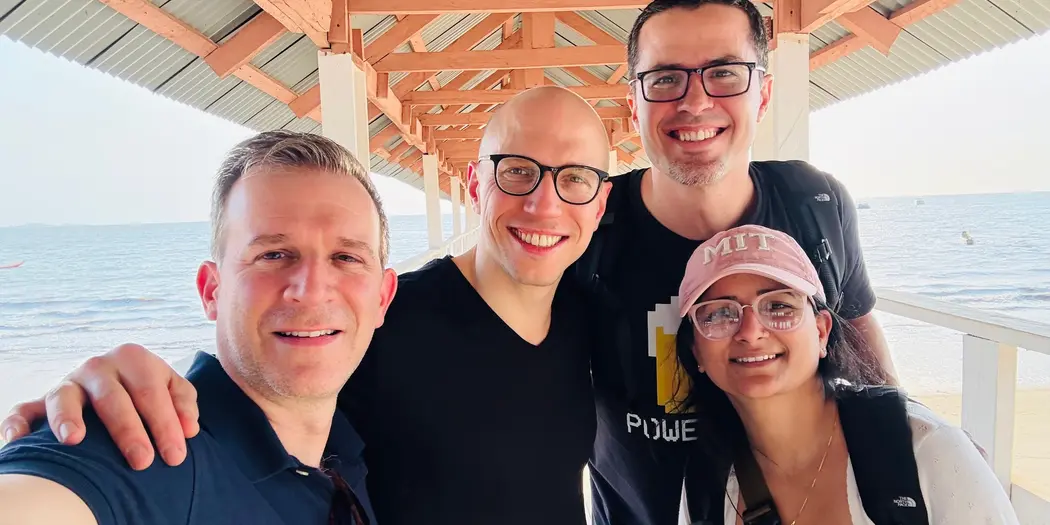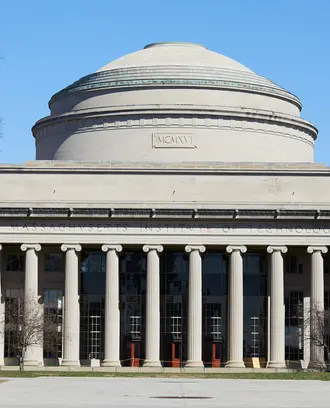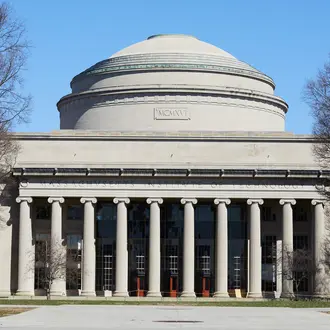“It was the most fun and rewarding week in all of my Sloan experience,” says Adam Cohen, a 2025 graduate of the Executive MBA program, of his recent work in Sierra Leone with three other students in his cohort—Owen Dempsey, Ross Beyeler, and Rama Kataria—as part of the Executive Labs course.
They partnered with Telem Uncommon Sounds to catalyze a creative and economic movement in Sierra Leone. The project—Reignite the Streets—focused on rebuilding a vibrant live music culture, which helped address weak copyright enforcement in Sierra Leone and reignite public pride and community around local talent.
“To us, this meant generating a ground-up, gig-based music economy in cafes, restaurants, clubs, and beaches to fuel the larger music and arts ecosystems,” says Cohen.
The team designed a business model that could reinvigorate the country’s live music scene, professionalize artists, and ultimately create a sustainable music economy. They tapped into structured frameworks from MIT Sloan, including Executive Labs, Global Strategy, System Dynamics, Marketing, Finance, and Disciplined Entrepreneurship, to design a phased growth strategy. This approach leveraged local culture, technology, and grassroots energy to craft a plan rooted in both ambition and realism.
Beyeler says, “The experience provided a focused and intense opportunity to apply all of the frameworks we had learned over the preceding 18+ months in the program. It was truly fascinating to see the real-world implications of how geopolitics, history, and culture shaped an entrepreneurial venture. These moments came in the dozens of in-person conversations we had with individuals, entrepreneurs, and politicians, each with their own unique perspective.”
The team partnered with various venues to launch a circuit of regular performances that offer accessible, high-quality live music experiences to young, music-curious Sierra Leoneans.
Kataria says, "We spoke with people everywhere—restaurant staff, diners, cashiers, even passengers and helpers on the boat—and what really stood out was the pride they had in their music and cultural heritage. Those conversations were genuine, full of energy, and gave us a real sense of how meaningful local music is to them."
While working on the project, they confronted the stark difference between whiteboard theory and street-level reality. The team's initial ideas were abandoned in favor of observations forged through immersion, local dialogue, and real-time feedback. Through it, the students didn’t just consult or advise; they became part of the ecosystem they hoped to support.
“Success in these types of projects relies heavily on understanding the context, history, and culture of the place where you’re working. Assuming you can jump in with the same recommendations you’d give a startup in Cambridge overlooks all of the nuance that’s critical to success,” Beyeler says.
Cohen adds, “It allowed us to live the ‘applied learning’ mantra and use so many of the tools and frameworks we had learned over the prior two years.”




